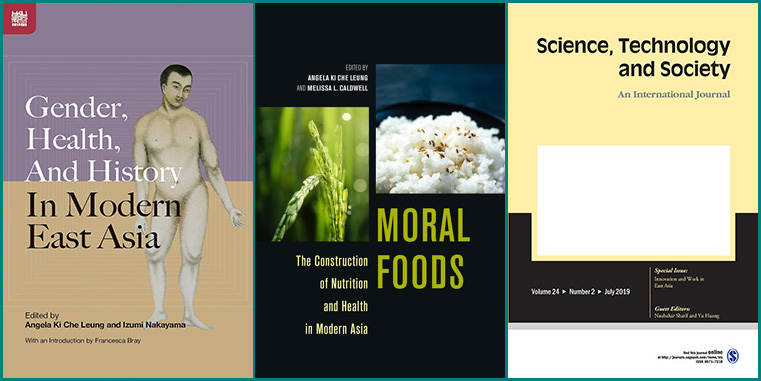2017 - 2019 REPORT
Signature Research Clusters
Science, Technology and Medicine in Asian Societies (STMS)
Directed by Prof. Angela Ki Che Leung, the STMS research cluster challenges deeply entrenched ideas about the autonomy of science and technology, and encourages the development of innovative cross-disciplinary approaches to the interplay between science-technology, social political life, and humanistic values.
I. Projects funded by Competitive Grants
In 2017, the cluster won a prestigious Collaborative Research Grant of HK $6.6 million from the Research Grants Council for the three-year project “Making Modernity in East Asia: Technologies of Everyday Life, 19th–21st Centuries” (MMEA). Led by Prof. Angela Ki Che Leung, the team of 16 scholars (see note 2) — both local and global — has collaborated with institutional partners including the Hong Kong University of Science and Technology (HKUST), Max Planck Institute for the History of Science in Berlin, Heidelberg Centre for Transcultural Studies (HCTS), Heidelberg University, the Needham Research Institute in Cambridge, United Kingdom, and the journal East Asian Science, Technology and Society (EASTS). An international advisory board (see note 3) has also been established. Two annual board meetings were held where insightful advice on ways to maintain a sustainable and international platform in Hong Kong for the study of technology in East Asia was offered.
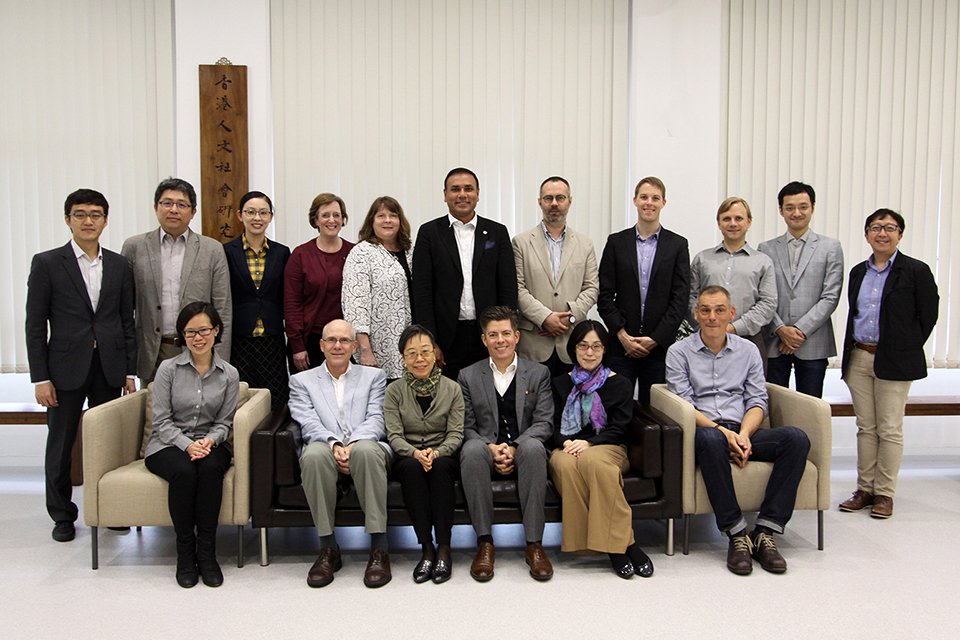
In 2018, the STMS cluster also obtained another competitive grant of HK $0.53 million from the General Research Fund Scheme of the Research Grants Council in support of the project “The Birth of East Asian Modern Entrepreneurship: the Case of Soy Sauce Making, ca. 1880–1960,” led by Prof. Angela Ki Che Leung and Dr. Izumi Nakayama. The team has been working in the past couple of years, conducting field work and site visits in China, Taiwan, Japan, and South Korea, and collecting archival materials. The team has shared preliminary findings on the history of soy sauce-making in East Asia with the academia in the HKU Bulletin (Volume 20, May 2019) (see more).
Selected here are pictures showing field visits to soy sauce/miso manufacturers in Hong Kong, Japan, Taiwan, and South Korea.
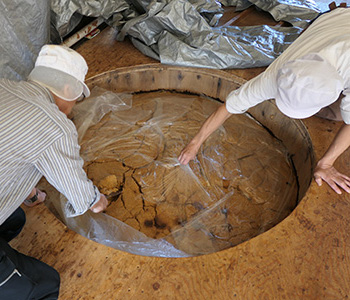
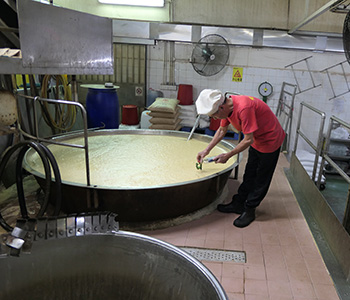
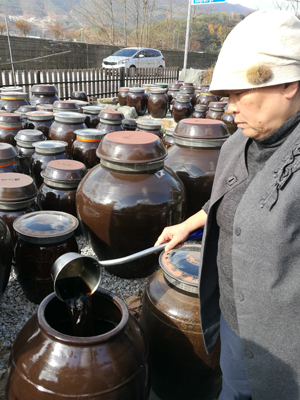
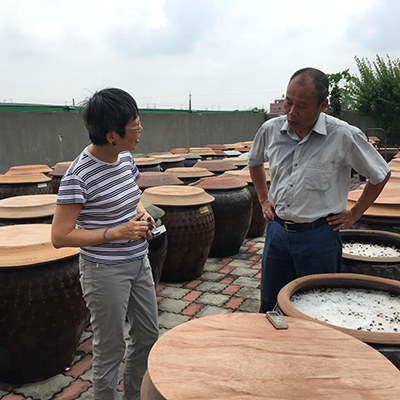
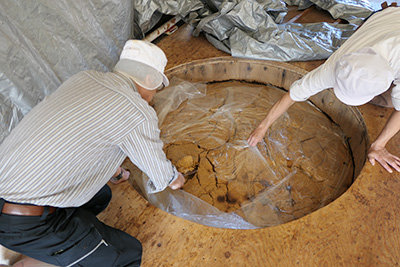
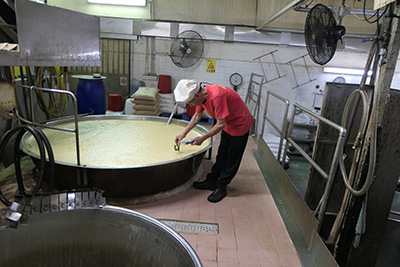
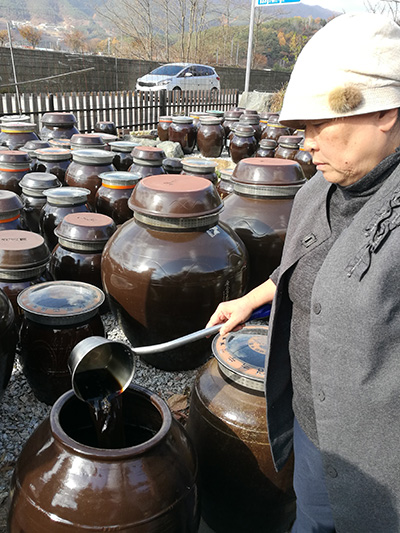
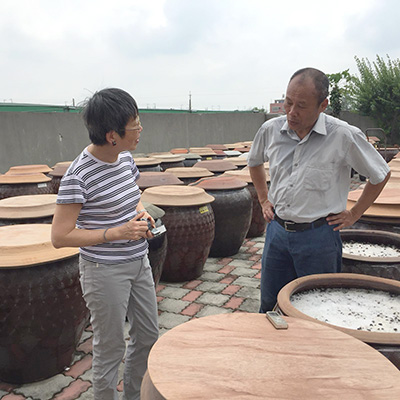
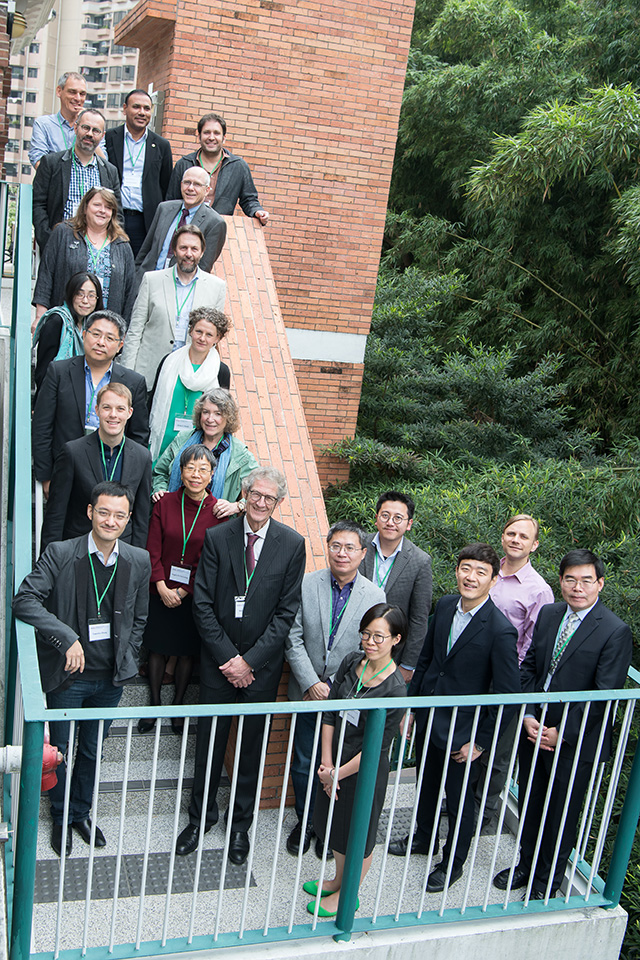
In the past three years, the MMEA team has been productive, organizing two plenary conferences, 13 workshops, 13 public lectures and seminars, two film screenings, one exhibition preview, and three collective fieldwork in Asia.
All of these research-driven events focused on the technologies of everyday life in the Asian region, with sub-themes of food technologies, reproductive labour and gynocentric technologies, socio-technical systems of pharmacotherapy, transport and urban infrastructure, weather and environmental technologies, epidemic intelligence and the future of communications, and automation and the future of work.
In 2019, the MMEA Project progressed to its second stage, and the team started reaching out to international communities, announcing its mid-term research findings. It organized a panel at the 9th Tension of Europe Conference, “Decoding Europe: Technological Pasts in the Digital Age” in June 2019, where a small group of three from the team — Prof. Angela Ki Che Leung, Dr. Max Hirsh and Dr. Izumi Nakayama — gave a presentation on the project’s main goals, structure, and mid-term findings. The group transformed the presentation into a position paper on infrastructure, technologies and everyday life, which has been accepted by East Asian Science, Technology and Society (EASTS).
The CRF MMEA Project has also planned to share its research findings with the community through a Virtual Museum, which will be launched in spring 2020 to engage the curiosity of the public.
In the past three years, the MMEA team has been productive, organizing two plenary conferences, 13 workshops, 13 public lectures and seminars, two film screenings, one exhibition preview, and three collective fieldwork in Asia.
All of these research-driven events focused on the technologies of everyday life in the Asian region, with sub-themes of food technologies, reproductive labour and gynocentric technologies, socio-technical systems of pharmacotherapy, transport and urban infrastructure, weather and environmental technologies, epidemic intelligence and the future of communications, and automation and the future of work.

In 2019, the MMEA Project progressed to its second stage, and the team started reaching out to international communities, announcing its mid-term research findings. It organized a panel at the 9th Tension of Europe Conference, “Decoding Europe: Technological Pasts in the Digital Age” in June 2019, where a small group of three from the team — Prof. Angela Ki Che Leung, Dr. Max Hirsh and Dr. Izumi Nakayama — gave a presentation on the project’s main goals, structure, and mid-term findings. The group transformed the presentation into a position paper on infrastructure, technologies and everyday life, which has been accepted by East Asian Science, Technology and Society (EASTS).
The CRF MMEA Project has also planned to share its research findings with the community through a Virtual Museum, which will be launched in spring 2020 to engage the curiosity of the public.
II. Publications
- A book volume Gender, Health, and History in Modern East Asia, edited by Prof. Angela Ki Che Leung and Dr. Izumi Nakayama (Hong Kong University Press, 2017).
- A book volume Moral Foods: The Construction of Nutrition and Health in Modern Asia, edited by Prof. Angela Ki Che Leung and Prof. Melissa L. Caldwell (University of Hawai’i Press, 2019).
- A special issue Innovation and Work in East Asia, edited by Prof. Naubahar Sharif and Dr. Yu Huang for the journal Science, Technology and Society (2019).
- Three journal articles were published: one by Prof. Robert Peckham and Dr. Ria Sinha in Global Public Health: An International Journal for Research, Policy and Practice (November 2018); one by Prof. Naubahar Sharif and Dr. Yu Huang in The China Journal (January 2019); and another one by Prof. Naubahar Sharif and Mr. Linzhou Xing in Science and Public Policy (September 2019).
- An article by Dr. Izumi Nakayama, published on AsiaGlobal Online, HKU (May 2018).
III. Nurturing Young Talents
The STMS cluster collaborated with the Institute’s long-time partner Peking University on the organization of a seminar course titled “Methodology and Practice in History of Material Culture” (物質文化史的方法和實踐) for selected undergraduate, graduate students and teachers from Peking University and other local universities in Beijing from December 9 to 20, 2019. The ten-day course was hosted by the Institute of Humanities and Social Sciences of Peking University. Led by Prof. Angela Ki Che Leung, Prof. Dorothy Ko of Barnard College of Columbia University, and Prof. Dagmar Schäfer of the Max Planck Institute for the History of Science in Berlin, the trainees engaged in three open lectures, small group presentations and discussions, and field visits to traditional food making workshops (see the session “Peking University”).
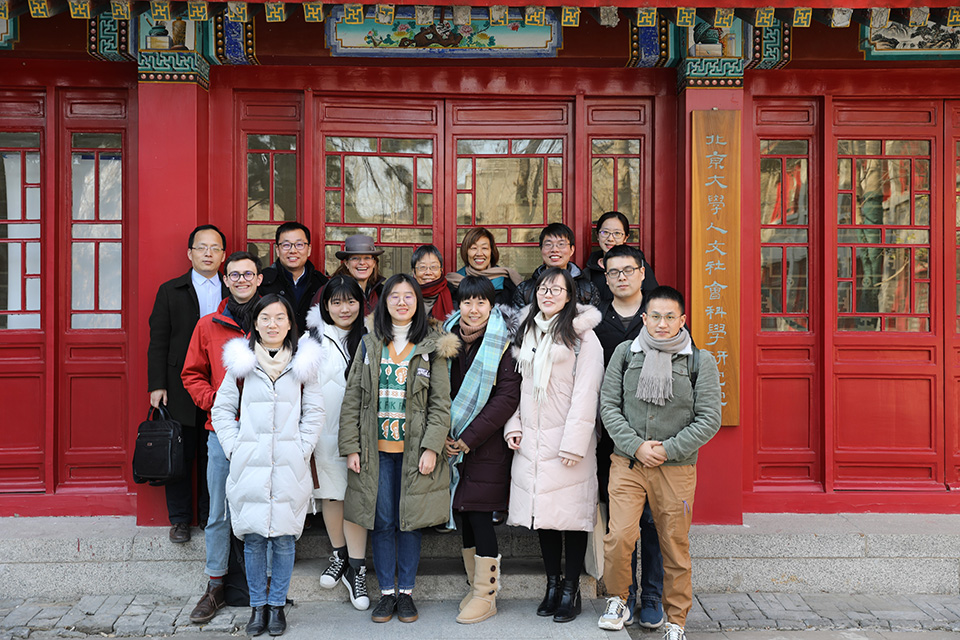

The STMS cluster collaborated with the Institute’s long-time partner Peking University on the organization of a seminar course titled “Methodology and Practice in History of Material Culture” (物質文化史的方法和實踐) for selected undergraduate, graduate students and teachers from Peking University and other local universities in Beijing from December 9 to 20, 2019. The ten-day course was hosted by the Institute of Humanities and Social Sciences of Peking University. Led by Prof. Angela Ki Che Leung, Prof. Dorothy Ko of Barnard College of Columbia University, and Prof. Dagmar Schäfer of the Max Planck Institute for the History of Science in Berlin, the trainees engaged in three open lectures, small group presentations and discussions, and field visits to traditional food making workshops (see Partnerships – Peking University).


The cluster has also entered into a second phase agreement with the Harvard-Yenching Institute in 2019 to organize a publication workshop on the “Technology and East Asian Society” for selected participants from the two advanced training workshops on “Humanities, Social Sciences and Medicine in East Asia: Interdisciplinary Approaches” in 2015 and 2016 (see Partnerships – Harvard-Yenching Institute).
Notes:
[2] Local team members include Prof. Angela Ki Che Leung (Project Director), Dr. Izumi Nakayama, Dr. Kam Wing Fung, Dr. Daniel Trambaiolo, Prof. Robert Peckham, Dr. Max Hirsh, Dr. Gonçalo Santos (all from HKU), Prof. Christian A. Daniels, Prof. Naubahar Sharif, and Dr. Lawrence Zhang from HKUST. International collaborators include Dr. Tae-Ho Kim (Chonbuk National University), Prof. Wen-Hua Kuo (National Yang-Ming University), Dr. Hallam Stevens (Nanyang Technological University), Prof. Francesca Bray (University of Edinburgh), Prof. Suzanne Gottschang (Smith College), and Ms. Dorothy Tang (MIT). Dr. Santos left the University on October 3, 2019.
[3] Advisory Board members include Prof. Wiebe E. Bijker (Maastricht University), Prof. Gregory Clancey (National University of Singapore), Prof. Francesca Bray (University of Edinburgh), Prof. Fa-ti Fan (SUNY Binghamton), and Prof. Suzanne Moon (University of Oklahoma).

